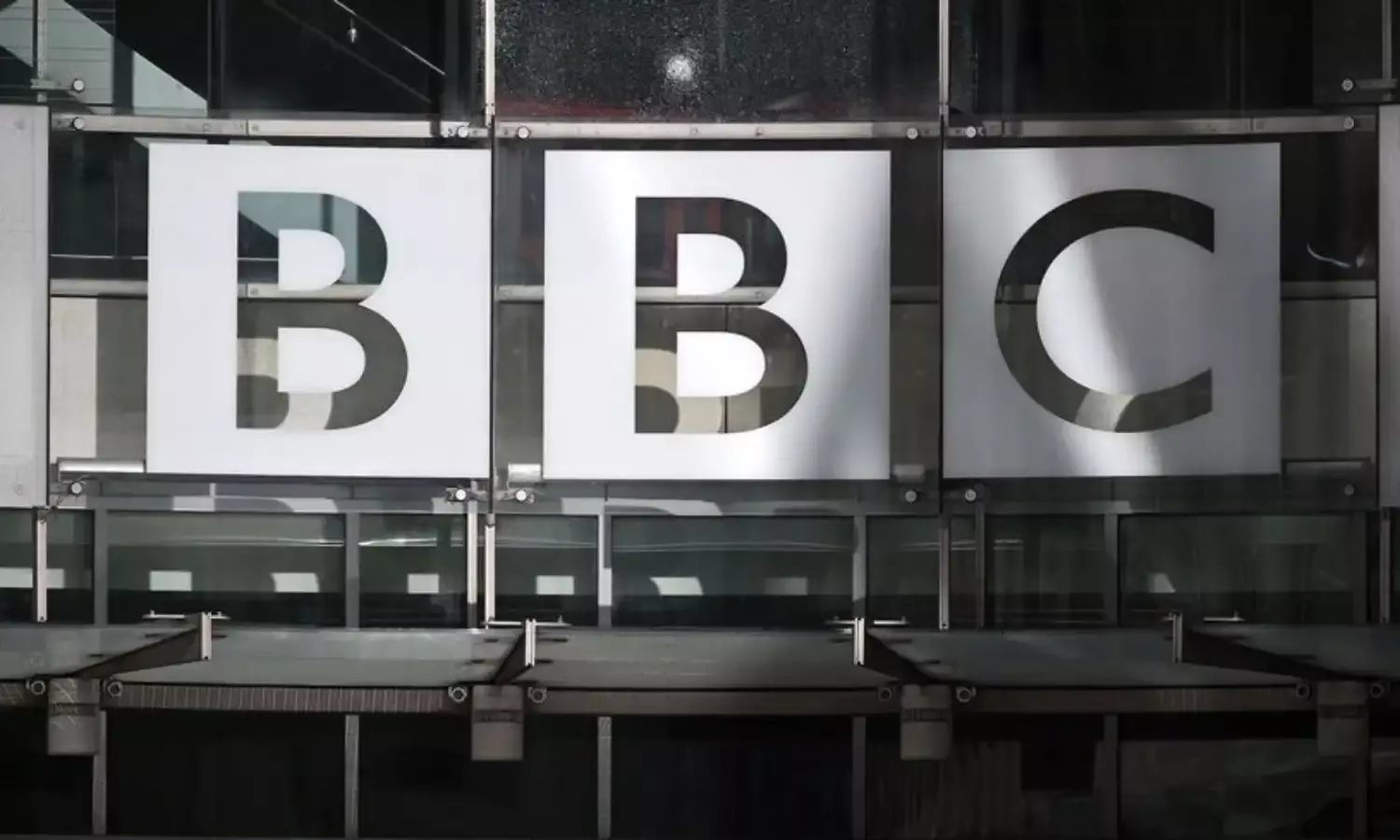Income Tax 'Surveys' BBC India
Income Tax Raids At BBC’s Delhi, Mumbai Office

Journalists, and organisations they work for have been subjected to various government actions regularly. On Tuesday, February 14, one of the biggest news breaks was about the Income Tax department raid on the Delhi and Mumbai offices of the British Broadcasting Corporation (BBC) office.
The raids, or survey in official speak, have been criticised by scores of politicians and journalists alike. The Congress has called it an example of “undeclared Emergency”. Party leader Jairam Ramesh said when there were demands of a JPC, the ruling party instead conducted raids on BBC. “Vinash Kale vipreet buddhi’ (which loosely translated means that wrong decisions taken lead to self destruction),” he said.
Trinamool Congress Member of Parliament Lok Sabha Mahua Moitra the raid at the BBC office is not a surprise.
“If BJP & its leaders have nothing to hide or be afraid of then why are they answering no questions in parliament, expunging our speeches & walking around elephant in room?” she asked.
Samajwadi Party chief Akhilesh Yadav said the raids were an example of "ideological emergency", adding that “When governance and administration become symbols of fear and oppression instead of fearlessness, then it should be understood that their end is near.”
According to multiple news reports the IT department has been during its raid “looking at documents related to the business operations of the company and those related to its Indian arm” reported the Mint news paper. These raids are the second major action against the global media group after the Centre had blocked the videoclips of the BBC documentary on Prime Minister Narendra Modi. The documentary had put an international spotlight once again on Modi’s leadership when he was CM of Gujarat in 2002 when communal riots broke out.
According to news reports the “searches are being done as part of tax evasion investigation.” A reason not many are taking at face value. According to NDTV, IT officials landed at the BBC offices in Delhi and Mumbai on Tuesday morning for “searches, weeks after a huge controversy over the UK national broadcaster's documentary series on Prime Minister Narendra Modi and allegations linked to the 2002 Gujarat riots”. It added that the "survey" was being conducted “over allegations of international taxation and transfer pricing irregularities involving the BBC.
The IT team reportedly seized phones and laptops of journalists as well as documents. “The offices will be sealed for the duration of the survey and employees have been asked not to share details with anyone,” reported NDTV.
"We needed some clarifications and for that our team is visiting BBC office and we are carrying out a survey. Our officers have gone to check account books, these are not searches," Income Tax sources were cited in the news report.
The BBC’s two-part documentary, "India: The Modi Question", was removed from social media and other public platforms soon after it was aired. On January 21, the Centre invoked its Emergency powers under the Information Technology Rules, 2021, and blocked YouTube videos and social media posts sharing any links to the documentary.
Students, activists who had organised public screenings of the documentary were also subjected to disciplinary actions and the events were shut down. The clampdown over BBC’s documentary on Prime Minister Narendra Modi escalated as protests by various student unions continued on Wednesday, January 25. Various student unions all over the country had given a call to screen the documentary, but were met with harsh resistance from the university administration as well as the police.
In Delhi’ Jamia Millia Islamia, a call was given for the screening of the BBC documentary on Modi’s involvement in Gujarat Pogrom 2002. However, soon after posters were circulated, the Jamia administration tried to stop the screening, asking the students to not screen it inside the campus. The Supreme Court had recently rejected a request for a ban on BBC in India over the documentary.
Veteran journalist Saeed Naqvi had earlier commented that “the first part of the documentary which focuses on Godhra and, quite brazenly accuses the then Chief Minister of Gujarat Narendra Modi for having a hand in the killings. Reports of this episode having been telecast in London disturbed New Delhi. In one leap of uninformed decision making, New Delhi banned and blocked the screening of the documentary in India”.
The raids/ survey continues at the time of publishing.



